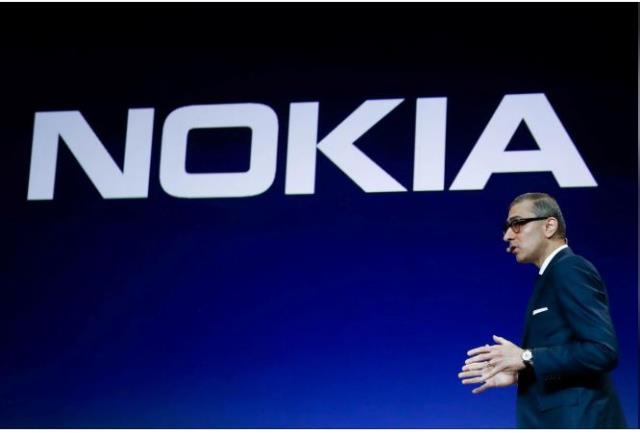Nokia CEO Rajeev Suri said the blocking of Huawei on security grounds will not delay investment in 5G services in Europe.

In addition to the United States, several countries in Europe are considering blocking China’s Huawei Technologies, even as big telecoms operators warn that such a move could set back the deployment of 5G by years.
Huawei is the largest telecom network maker globally. China-based Huawei controls leading position in several markets in Europe. Telecoms CEOs including Vodafone’s Nick Read feels replacement of Huawei network will be time consuming and costly.
GSMA, the telecom operators’ association, will be meeting in Barcelona to discuss about the possible ban on Huawei and the impact on telecom services. Removal of Huawei will impact telecom services globally, analysts warn.
Rajeev Suri has downplayed concerns that a reduced field of technology vendors could slow network upgrades. The real reasons for Europe’s growing 5G lag behind the United States are hold-ups in issuing spectrum to operators, as well as high auction costs in countries such as Italy, Rajeev Suri told Reuters.
“You cannot say that you know the situation caused by some of this will delay 5G rollout or that others are not capable or ready to provide equipment. That would not be accurate,” Suri said on the sidelines of the Mobile World Congress (MWC 2019) in Barcelona.
US President Donald Trump’s administration has asked European allies to shut out Huawei, saying the company is too closely tied to the Chinese government and its equipment could be vulnerable to cyber espionage.
Huawei strongly rejects those allegations and Chairman Guo Ping, speaking in Barcelona, reiterated that it would never allow any country to insert so-called back doors in its equipment.
Finland-based Nokia, the second-biggest telecom network supplier with revenue of $22.79 billion in 2018, has warned of a weak start to 2019 but expects sales to recover and show growth in 2020 as 5G deployment accelerates.
Nokia announced a key win in Australia, which has banned Huawei, saying it would provide a 5G fixed-wireless access network to operator Optus, with 50 sites to go live by March 2019.
Nokia will provide to a limited number of Optus customers super-fast wireless internet that can support several devices and at the same time deliver ultra-high-definition video to the home.
Nokia agreed with Korea Telecom to conduct 5G trials for service automation, network virtualisation and slicing, which allows multiple networks to run on top of shared infrastructure.
Nokia will cooperate with Britain’s Vodafone on active antennas to boost 5G capacity and cut costs.
Nokia has an agreement with India’s Bharti Airtel to conduct a trial of a front-haul solution that will help to speed 5G operations.
The rapid rollout of 5G depends on whether antitrust regulators allow telecoms markets to consolidate, said Suri, adding that this would create stronger players capable of shouldering the vast investment needed to overhaul and upgrade networks.
This applied both to Europe and to the United States, where the $26 billion takeover by T-Mobile of Sprint is being reviewed by regulators. Waving that deal through would be positive for 5G, Rajeev Suri told a news conference.
T-Mobile has already selected Nokia and rival Ericsson in two 5G equipment deals worth $3.5 billion each.
